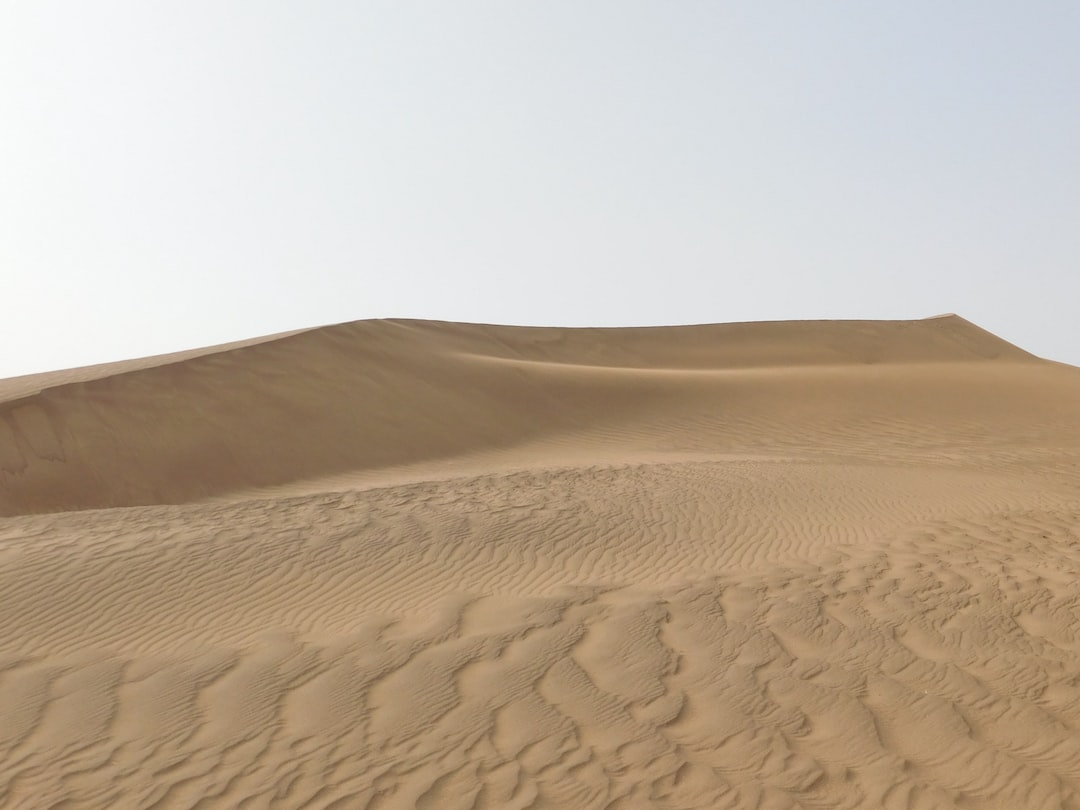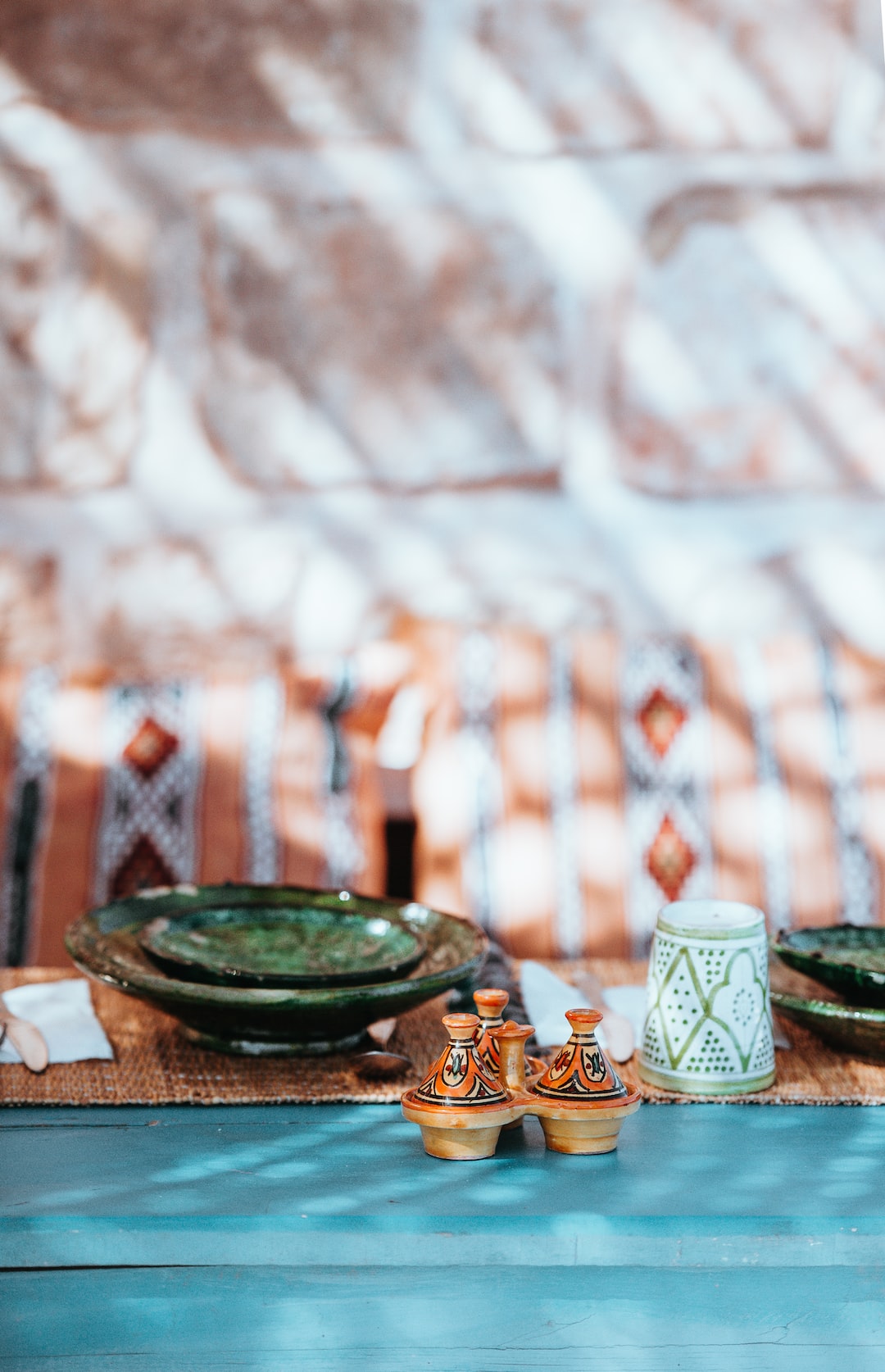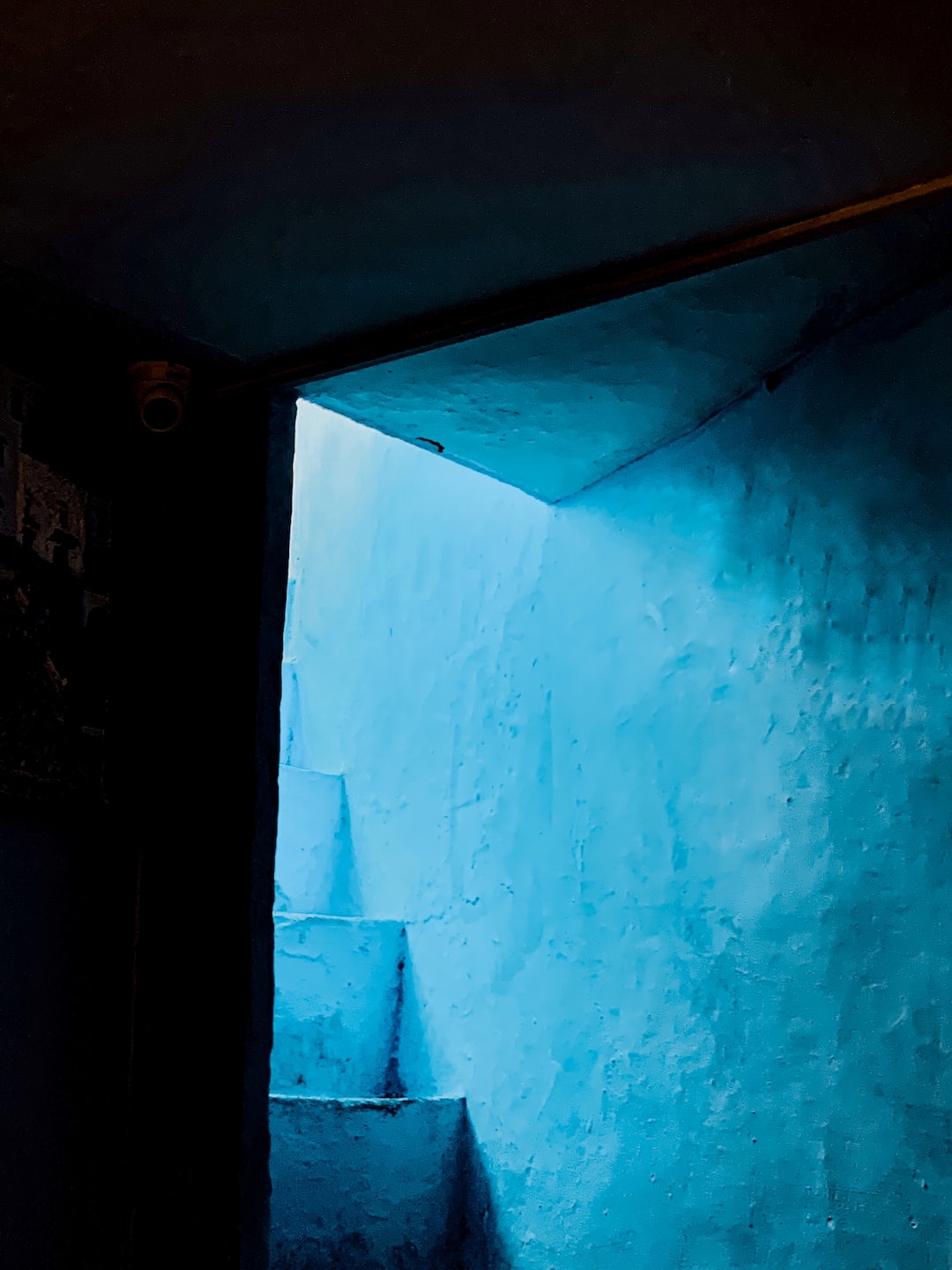Introduction
Table of Contents
Embarking on the journey of learning a new language is always an exciting endeavor, and when it comes to the Moroccan language, the charm amplifies. This post will present you a detailed guide on how to learn Moroccan language and the benefits you can reap from your linguistic efforts. So, let’s delve into this enriching journey for a closer look at what the Moroccan dialect holds for us.
Understanding Moroccan Dialect
The Birth of Moroccan Dialect
The birth of the Moroccan dialect, popularly known as Darija, is attributed to the amalgamation of Arabic, Amazigh (Berber), French, and many other languages. Over the years, Darija has soaked influences from diverse cultures and civilizations, which have left their mark on Morocco. Therefore, knowing its origin offers a broader understanding of the differences and uniqueness that set it apart from other Arabic dialects.
Characteristics of Moroccan Dialect
Moroccan dialect is peculiar for its blend of loanwords from French, Spanish, and the Amazigh languages. This linguistic mix endows Darija with a peculiar vocabulary and pronunciation style. Furthermore, unlike the complicated grammatical structures found in Standard Arabic, Darija simplifies these structures, making the learning process more appealing.
How does it Compare to Standard Arabic and Other Dialects?
Though rooted in Arabic, the Moroccan dialect has a unique persona. While Standard Arabic is the formal language used in literature, media, and formal settings, Darija is the daily language used in Morocco. When compared to other Arabic dialects, for instance, the Egyptian or Gulf dialects, Darija distinguishes itself through its unique grammatical rules, vocabulary, and pronunciation style.

Beginning with the Basics in Moroccan
Core Moroccan Vocabulary
When you’re starting to learn Moroccan language, it’s crucial to get comfortable with the basic vocabulary first. Words related to greetings, colors, numbers, food, and mundane objects are a good starting point. The more you use these words to form simple sentences, the better you will grasp and remember them.
Common Moroccan Phrases
Alongside vocabulary, getting a grip on common phrases in Moroccan dialect will smooth out your daily interactions. Phrases such as “Salam alaikum” (Peace be upon you), “Shukran” (Thank you), and “Bslaama” (Goodbye) are commonly used in Moroccan dialect. Practice these with attention to pronunciation and tonality.
Difference between Formal and Informal Language
Like many languages, the Moroccan dialect also has formal and informal usage. In formal settings or while interacting with strangers, formal language is used, whereas informal language is used casually and among friends and family. You should observe the change in vocabulary and tone when switching from one form to another.
Learning Moroccan Grammar
Decoding Moroccan Verb Conjugation
The essence of any language lies in its verbs, and Moroccan dialect is no different. Understanding Moroccan verb conjugation is key to fluency. Although it shares a pattern with Standard Arabic, it does have its nuances. Try to understand different verb forms and tenses, and practice them in your speech.
Nouns and Pronouns in Moroccan
Nouns and pronouns lay the groundwork of learning Moroccan language. Learning different forms of nouns and their gender agreement is necessary. Also, understanding the various pronouns and their context-specific application is essential. To reinforce this understanding, you should create sentences incorporating nouns and pronouns.
Popular Moroccan Adjectives
Adjectives breathe life into your sentences by adding the element of specificity. Understanding common Moroccan adjectives and their agreement with the noun will enhance your speech. The more you practice describing people, places, and things using adjectives, the more fluent your language will become.

Mastering Pronunciation and Accent
Peculiarities of Moroccan Pronunciation
How you pronounce words in Moroccan dialect can make a significant difference in your speech. Note the unique phonetics of Darija and practice pronouncing specific letters like the glottal stop “q” or the softly pronounced “k” as “ch” in specific contexts.
Techniques to Improve Pronunciation
Several strategies and tools can help you enhance your pronunciation. Online guides and audio recordings can be beneficial. Consider joining language exchange programs or finding a native Moroccan speaker for practicing pronunciation and receive invaluable feedback.
Accents in Different Moroccan Regions
Just like any language, Moroccan dialect also varies across different regions in terms of accent. Exposure to native speakers from various regions will help you understand these accents better. Choose an accent you would like to speak in, and tune your pronunciation accordingly.
Practice Makes Perfect: Listening and Speaking
Leverage Audio Resources
Perfecting your listening skills is vital while learning how to speak Moroccan. Incorporate resources like podcasts, songs, and videos to expose yourself to native Moroccan dialect. Listen to these resources with an intent to understand the vocabulary, pronunciation, and context. Listen carefully to phrases and idiomatic expressions used commonly.
The Art of Conversation
Indulging in conversations with native speakers is an effective way to polish your language skills. Practice speaking with your Moroccan friends or language partners regularly. Remember, making mistakes is a part of the learning process. Use each conversation as an opportunity to learn new words and grammar rules.
Speak, Speak, and Speak
To improve your speaking skills, make a habit of speaking in Moroccan dialect daily. Dedicate time to speak, narrate your day, describe objects around, or even have imaginary conversations. Record your speech and listen back to identify areas for improvement. The more you speak, the more you will improve.

Dipping into Moroccan Culture
How Culture Influences Language
Moroccan culture and language are interlinked. Diving deep into Moroccan culture will enhance your understanding of the language. Engage with its literature, movies, and music to understand the finer linguistic nuances within a cultural context. This will enrich your understanding of idiomatic phrases and colloquial expressions.
Popular Moroccan Literature, Movies, and Music
Reading renowned Moroccan authors like Tahar Ben Jelloun and Driss Chraibi, watching Moroccan movies, and listening to Moroccan music can dramatically enhance your language learning experience. Such cultural immersion will help you understand the rhythm, colloquial language and expose you to the melodic expressions of the language.
Cooking and Folklore: An Unconventional Approach
Cooking and folklore provide an unconventional, yet effective, entry point into learning how to speak Moroccan. Dive into Moroccan cuisine and prepare traditional dishes as you learn food and cooking-related vocabulary. Engaging with Moroccan folklore via its stories, proverbs, and songs will provide valuable cultural insights and context for understanding the language.
Advanced Learning Tactics
Technology: Your New Best Friend
Make technology your ally in learning Moroccan language. Use language learning apps and websites designed especially for Moroccan dialect. These platforms offer interactive lessons, exercises, and vocabulary drills, enriching your learning journey. Also, connecting with online language learning communities will allow you to practice speaking with natives and fellow learners.
The Power of Immersion
Immersing yourself in the language can expedite your learning process. Consider traveling to Morocco or enrolling in an immersion language program. Surrounding yourself with Moroccan speakers, either digitally or in person, will provide ample language exposure, hastening your progress.
Persevere and Keep Practicing
Learning a language is a continuous journey, demanding diligence and perseverance. Set achievable goals and create a study routine that suits you. Consistently expose yourself to the language, be it via reading, listening to podcasts, watching movies, or actively speaking. Embrace the challenges and celebrate your progress.

Conclusion
Congratulations on deciding to learn Moroccan language! This blog post has shed light on the importance and benefits of learning Moroccan dialect, its origin and features, basics to advanced strategies, the role of culture, and the effective use of technology in learning. One such effective platform that can aid in your journey to learn Moroccan is Duolingo. Remember, learning a language demands time and effort, but with patience and consistent practice, you will see gradual growth in your proficiency. So, buckle up for this exciting journey of mastering the Moroccan dialect and immersing yourself in the vibrant Moroccan culture.